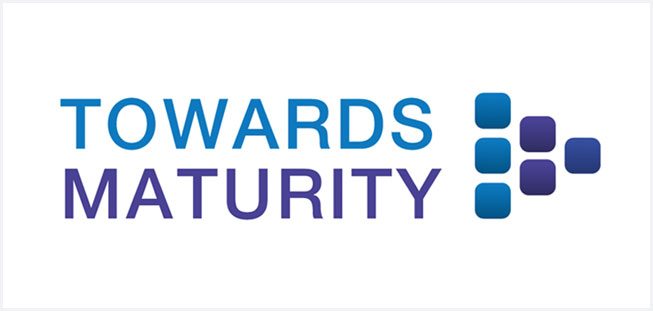Research on more than 2,000 potential workers reveals the gulf between learner aspirations and the experience of learning in the workplace.
A study of more than 2,000 people who paid for their own personal development shows that a vast majority are keen to progress their career and maintain their professionalism. This is a stark contrast to the learner experience at work, with only 21% of organisations supporting employees’ career aspirations or personal job goals.
The new In-Focus report, The Consumer Learner at Work, produced by Towards Maturity in conjunction with learning provider Filtered, shows that 80% of employees who have invested their own time and resources in learning can see how online learning helps them further their career. Furthermore, 70% think online learning has had a positive impact on job performance.
This data is a wake-up call for L&D teams – learners want easy access to relevant and practical learning that will add value to their lives. For example, individuals who are active consumers of learning want to access learning when and where they need it. They are social – with 70% motivated by technologies that allow them to network and connect with each other. 90% of the sample download apps to further their learning – 50% are education-based and 49% are productivity tools.
Currently, 50% of L&D leaders involve communities of practice in their offerings, yet only 11% encourage staff to solve problems socially together and just 12% use curation tools to facilitate access.
Laura Overton, Founder and CEO of Towards Maturity, comments, “This research is with individuals who are investing in their own development – any one of them could be in your extended workforce! What we’ve found is a wake-up call for L&D. When learners say they are keen, curious and want to easily access relevant content, then organisations must listen. Clearly, corporate L&D is not providing what motivated learners want. Think about the impact this will be having on those who are less motivated.”
The research shows that employees want relevant content at the point of need. They also want to learn more from each other and from resources that are easy to find, using technology:
- 80% say Google or other web search resources are either essential or very useful to learn what they need to do their job
- 77% rate working in collaboration with others as essential or very useful
- 66% rate self-paced e-learning courses and 47% rate classroom courses as essential or very useful.
- 70% use their own smartphone, 52% their own tablet for learning
Even when L&D teams offer relevant content, they are finding it difficult to market it effectively with 61% of L&D leaders not having a clear communications policy and only 3 in 5 saying that staff can access learning at any time.


Leave A Comment
You must be logged in to post a comment.